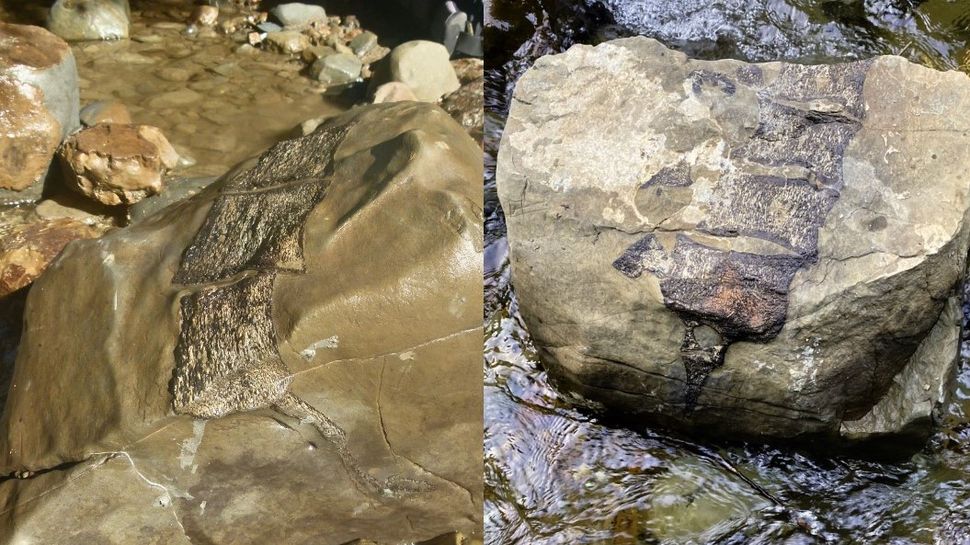Cyclone Chido’s Catastrophic Wake: Prefect Fears Hundreds Lost In Mayotte
On Tuesday, April 25, 2023, Cyclone Chido made landfall on the French island of Mayotte in the Mozambique Channel, bringing with it torrential rains, violent winds, and widespread devastation. The Category 4 storm, the strongest to hit the island in decades, has left a trail of destruction, with homes flattened, roads blocked, and communication disrupted.
Immediate Impact and Loss of Life
The immediate impact of the cyclone was devastating. Houses were swept away or reduced to rubble, bridges collapsed, and entire villages were submerged under muddy floodwaters. As of Wednesday, April 26, the death toll stands at 19, with fears that the number will rise significantly as rescue workers reach more remote areas.
Mayotte’s prefect, Jean-François Colombet, expressed his deep concern about the potential for widespread casualties. “We fear that hundreds of people may have lost their lives,” he said, acknowledging the challenges rescue workers face in reaching affected areas due to damaged infrastructure and ongoing rainfall.
Infrastructure Damage and Aid Distribution
Cyclone Chido has caused extensive damage to Mayotte’s infrastructure. Roads have been washed away, bridges have been destroyed, and the island’s electrical grid has been crippled. Communication networks have also been severely disrupted, making it difficult for relief organizations to coordinate their efforts.
The French government has deployed emergency personnel and resources to Mayotte to assist with search and rescue operations, distribute humanitarian aid, and begin the process of rebuilding. However, the logistical challenges are immense, as the storm has left many areas inaccessible by road.
Climate Change and Intensifying Storms
The catastrophic impact of Cyclone Chido has raised concerns about the increasing frequency and intensity of such storms due to climate change. Scientists have warned that rising sea levels and warmer ocean temperatures are contributing to stronger and more frequent cyclones in the region.
Mayotte, situated in the Indian Ocean, is particularly vulnerable to the effects of climate change. The island has experienced a number of devastating cyclones in recent years, including Cyclone Kenneth in 2019 and Cyclone Batsirai in 2022. The trend of intensifying storms is a major threat to Mayotte and other coastal communities in the region.
International Response and Ongoing Challenges
The international community has expressed its condolences and offered assistance to Mayotte in the wake of the disaster. The United Nations has deployed a team to the island to assist with relief efforts, and several countries, including France, Madagascar, and Mauritius, have pledged financial and logistical support.
However, the challenges facing Mayotte are immense. The island’s limited resources, combined with the extensive damage caused by the cyclone, will make the recovery process long and arduous. The ongoing rainfall and damaged infrastructure continue to hamper relief efforts, and the threat of disease outbreaks remains a concern.
Conclusion
Cyclone Chido has left a devastating scar on the island of Mayotte. The loss of life and widespread destruction have been heartbreaking, and the challenges facing the island in the aftermath are immense. The storm serves as a stark reminder of the growing threat posed by climate change and the need for urgent action to mitigate its effects.
As the recovery process begins, Mayotte will need continued support from the international community. The island’s resilience and determination will be key to overcoming this tragedy, but the long road to rebuilding requires sustained assistance and a commitment to sustainable development.

